WHAT OTHERS SAY ABOUT KENYA
AN INSECURE PARTNER
On December 27, 2002, more than five million Kenyans went to the polls to elect Mwai Kibaki as their country's third president -- Kenya's first electoral change of government since independence. The election marked the end of the 24-year presidency of Daniel arap Moi and an opportunity for Kenya to return to its once-vaunted record of political stability and economic growth. Kenyans were elated, their expectations high.
Ten months later, President George W. Bush welcomed President Kibaki to Washington for a state visit, the first African head of government he had honored in this way. Kenya has attracted Washington's attention not just because of its regional importance but because of its bold strides toward democracy and its expected role in the U.S.-led war against terrorism. But these developments cannot be taken for granted. Kenya's democratic government is fragile: it lacks centralized leadership, is riven by ethnic factionalism, and is threatened by mounting economic and security challenges. The willingness of Kenyans to assist the United States, meanwhile, is by no means assured -- the result of Washington's heavy-handed policies and its lack of sensitivity to Kenyan domestic politics. If the United States wants to secure Kenya's engagement in the war on terrorism it must develop a more nuanced understanding of Kenya's domestic situation and realize that the process of democratization extends beyond defeating the country's former authoritarian regime.
Along with Nigeria and South Africa, Kenya is one of three "anchor states" in sub-Saharan Africa -- countries that are key to the stability of the region because of location and resources. As a result, Kenya has become the platform for U.S. operations in East Africa and the Horn. It houses the largest U.S. embassy on the continent and regional headquarters for a host of U.S. activities and agencies, including security and military assistance, the Agency for International Development, the Department of Agriculture, the Library of Congress, and the Centers for Disease Control. Under the terms of an agreement signed in 1981, the U.S. Navy and Air Force may use the port of Mombasa and Kenya's international airports at Nairobi and Mombasa. These facilities have been important in U.S. naval operations in the western Indian Ocean, and for providing food and aid missions to Somalia, Rwanda, and southern Sudan.
THE LONG MARCH
Politically, Kenya has a checkered history. Under its first president, Jomo Kenyatta, the country prospered. Coffee and tea production expanded, a thriving tourist industry was established, and development was spurred by prudent macroeconomic policies, extensive investments in infrastructure, and the expansion of education. From 1963 to 1978, the economy grew at a rate of 5 to 8 percent in every year but two. Although Kenya became a de facto one-party state as early as 1964, Kenyatta's brand of authoritarian rule was relatively benign. The civil service maintained high professional standards, and competitive elections for the National Assembly were held every five years.
Kenya's fortunes declined sharply, however, once Daniel arap Moi took power in 1978. If Kenyatta's Kenya had a basic flaw, it was ...
Subscribe to:
Post Comments (Atom)



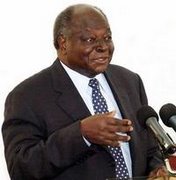




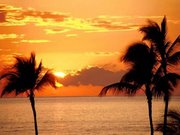




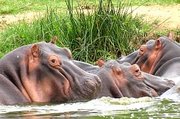



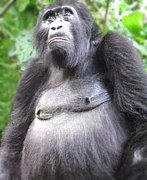



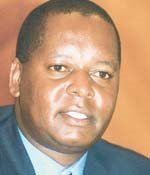
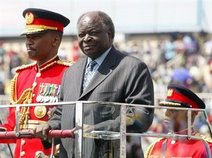
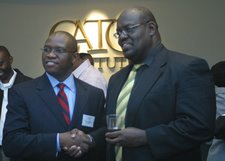
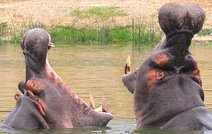
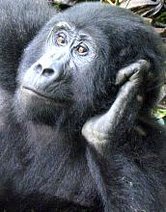


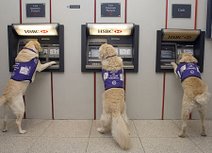
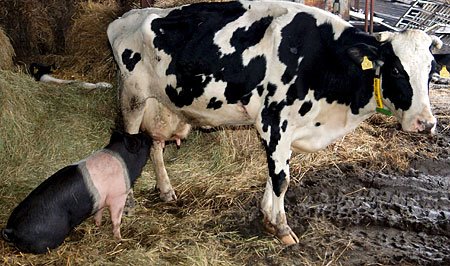
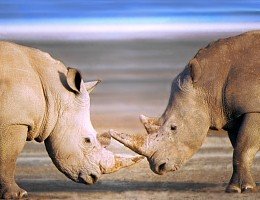




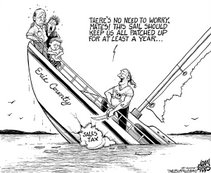
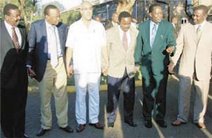
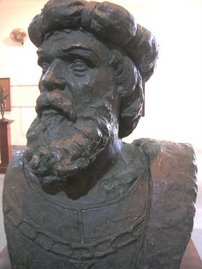
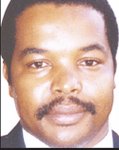
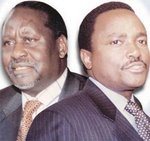

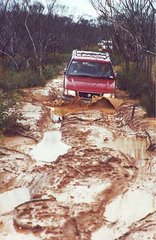
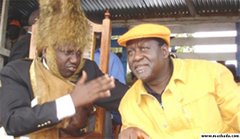



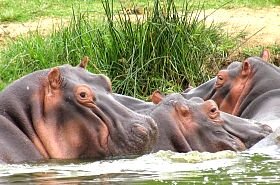

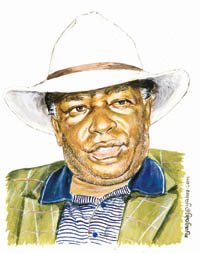

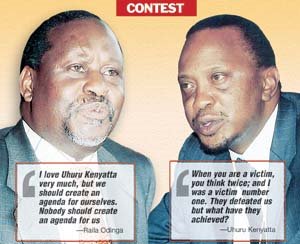
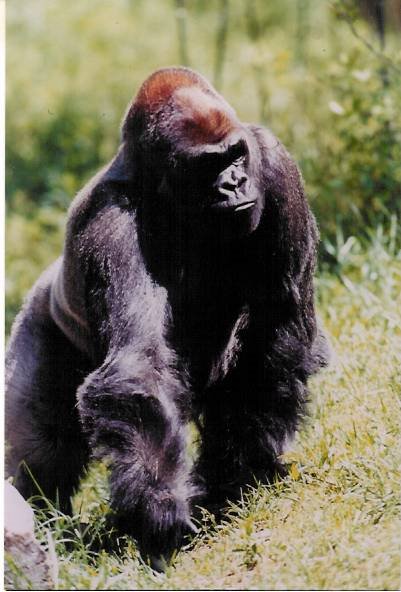
No comments:
Post a Comment